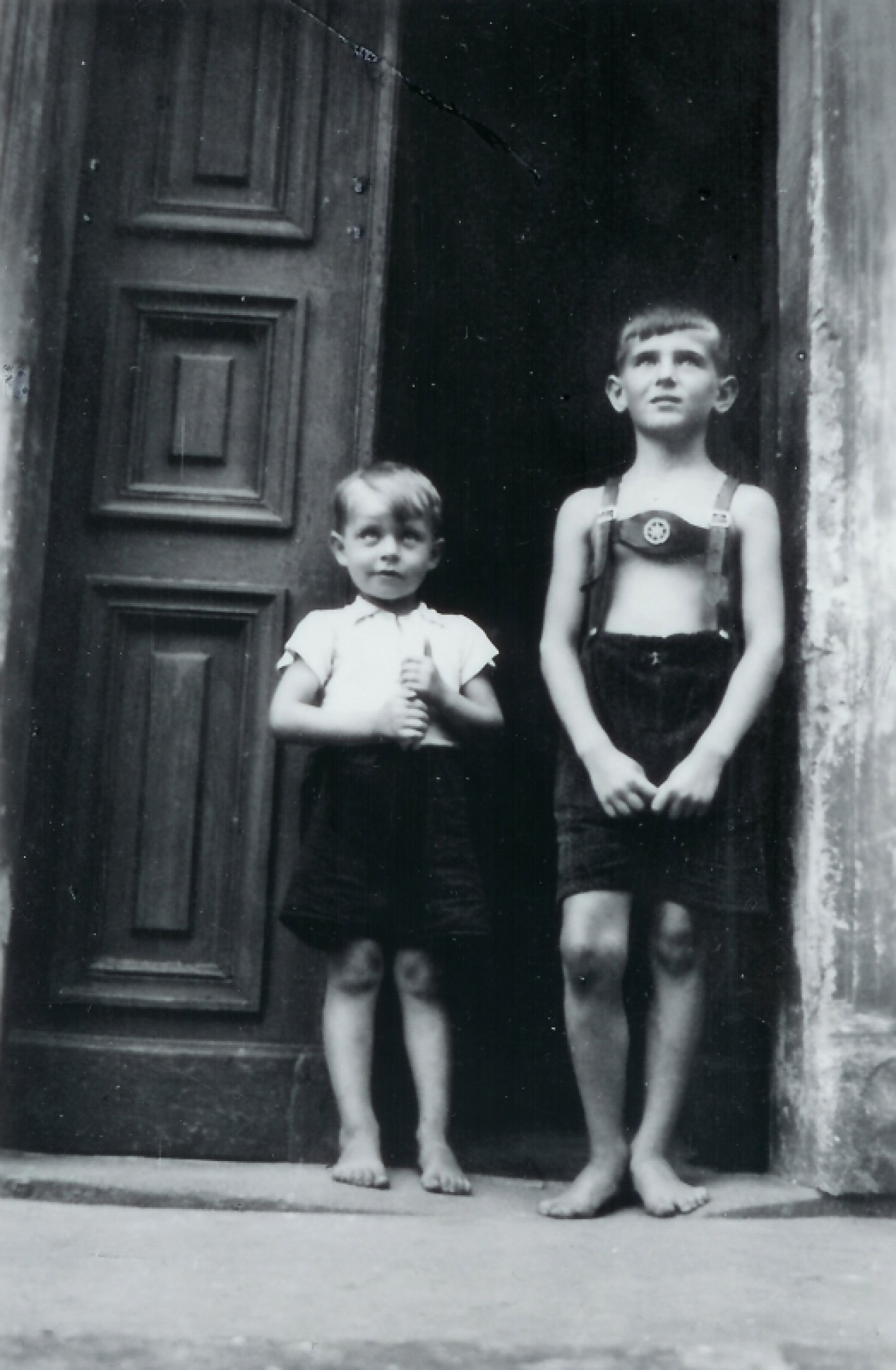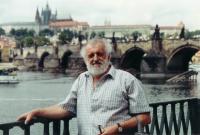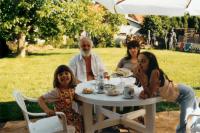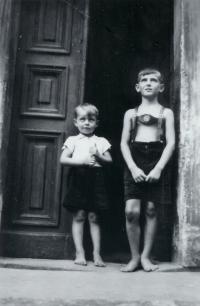We thought the jeopardy was over, but no way! The worst was yet to come: the Czech gold-diggers came

Stáhnout obrázek
Mr. Otto Peschka was born on May 30th 1933 as a son of the father Otto and mother Vera, maiden name Vikova. Despite the fact that his mom was Czech and legally kept her citizenship, at home they spoke only German. His parents ran a grocery store in Kamenicka Street in Decin town. The family resided at the same address. Although his father was already a little older man he must have served the army during the war. He was allowed to visit his family few times within his vacation. He (the father) spent the end of the war in France. He got to Hesse region in west-central Germany, and from here he tried to return to his family in Czechoslovakia. But they never allowed him to. He reunited with his wife again in 1960 after she received an official permission to move to West Germany. It was only by a lucky coincidence that Mr. Peschka and his family hasn’t been withdrawn. Under the pressure of the circumstances he learnt to speak Czech in only three months of time. But because of the stressful conditions in which he learnt the new language, he lost the knowledge of his mother language - German. Although he is able to understand everything he can hardly communicate fluently in German. Today he calls himself a former German. He considers himself to be an European.


